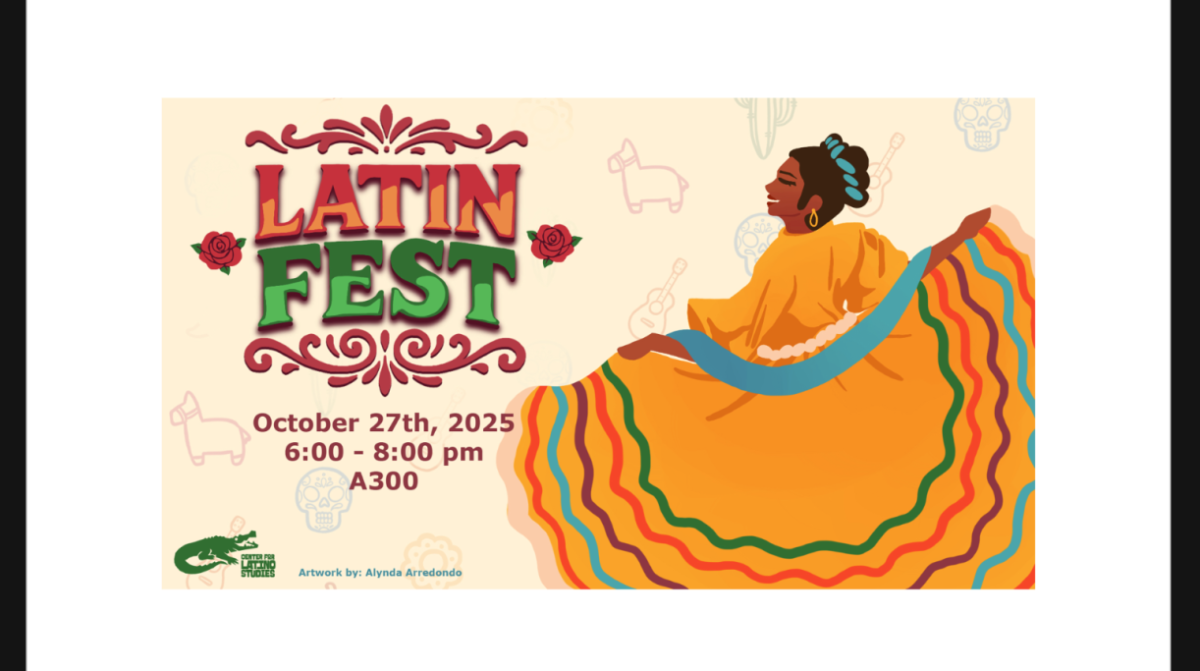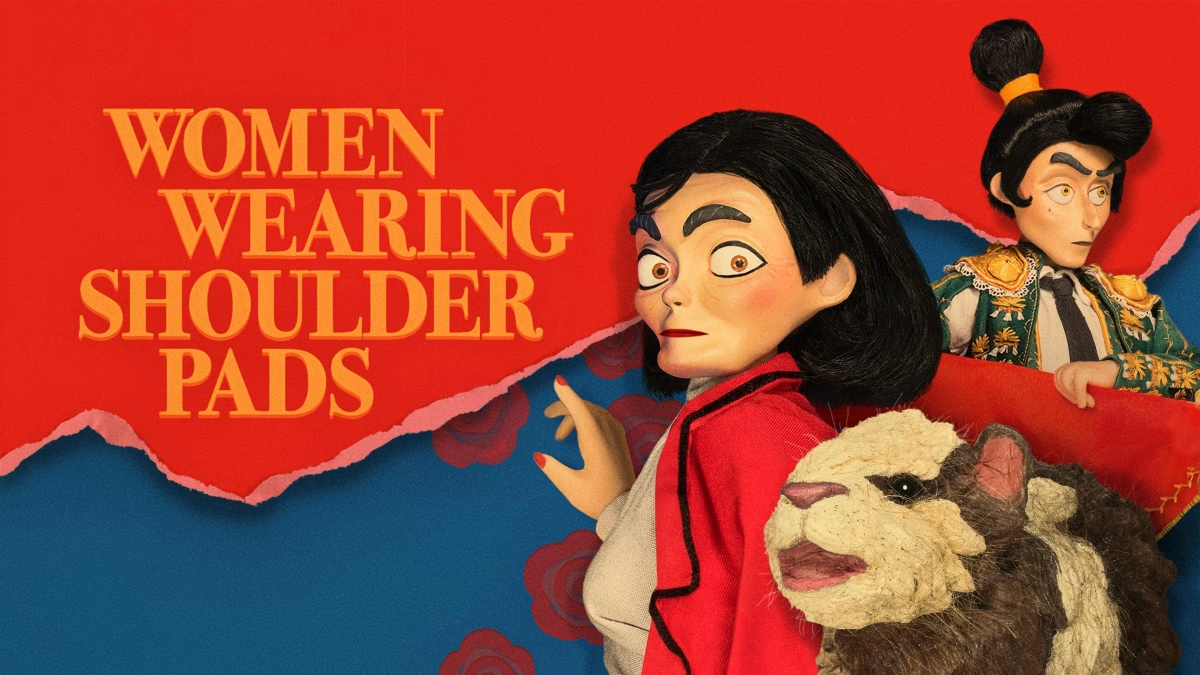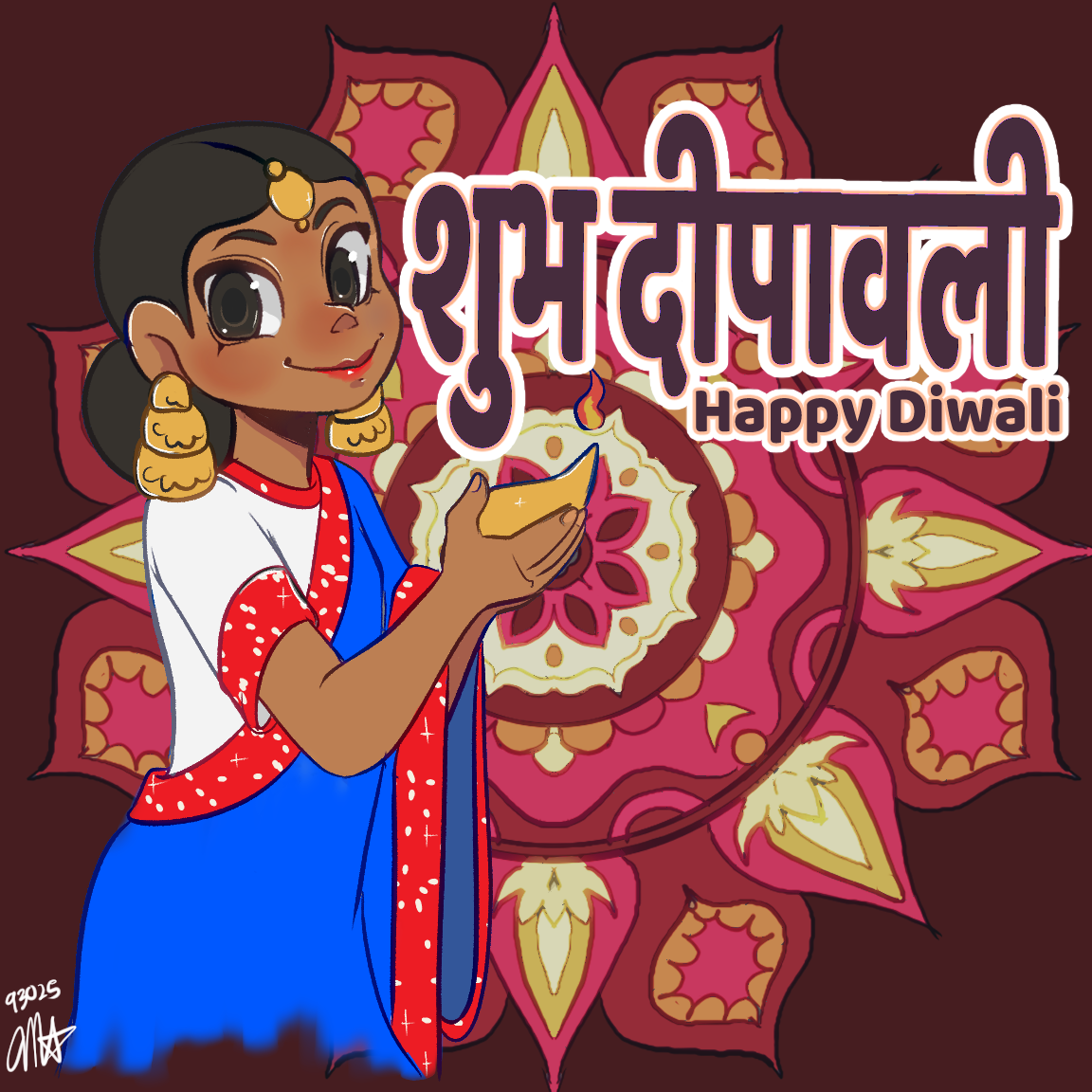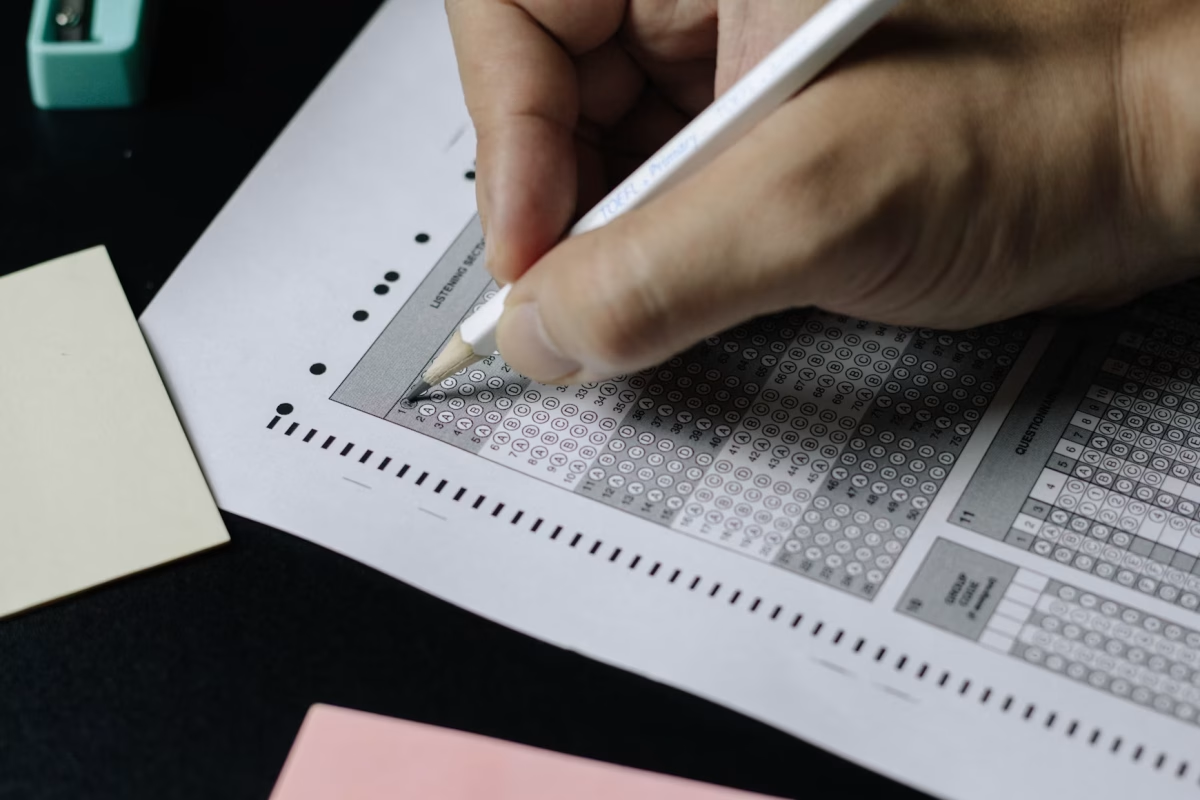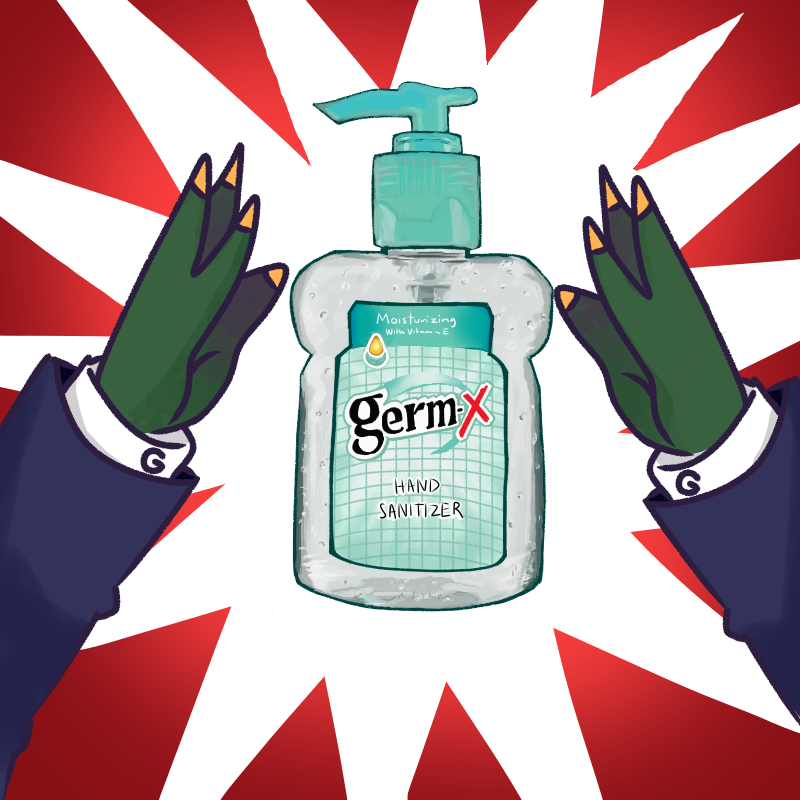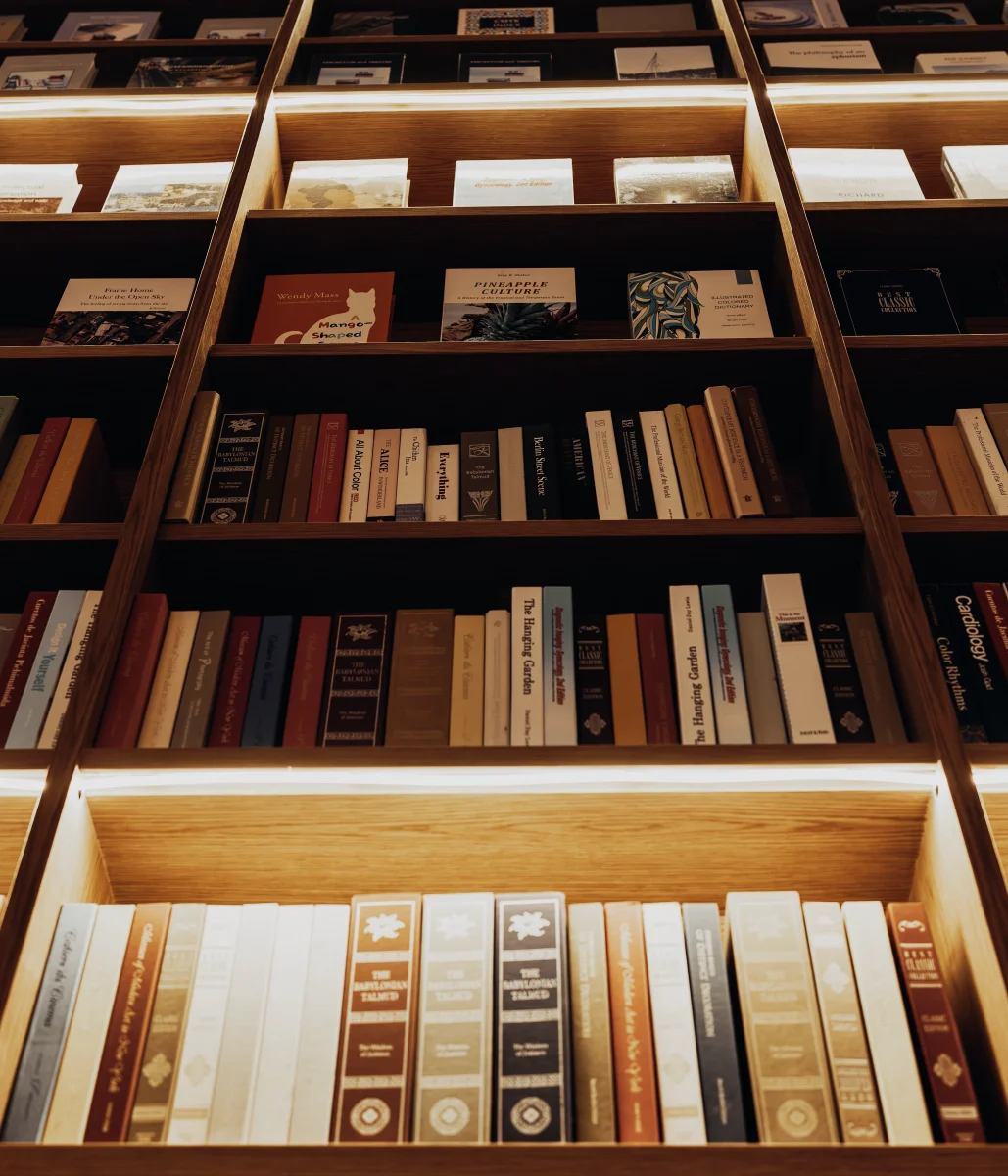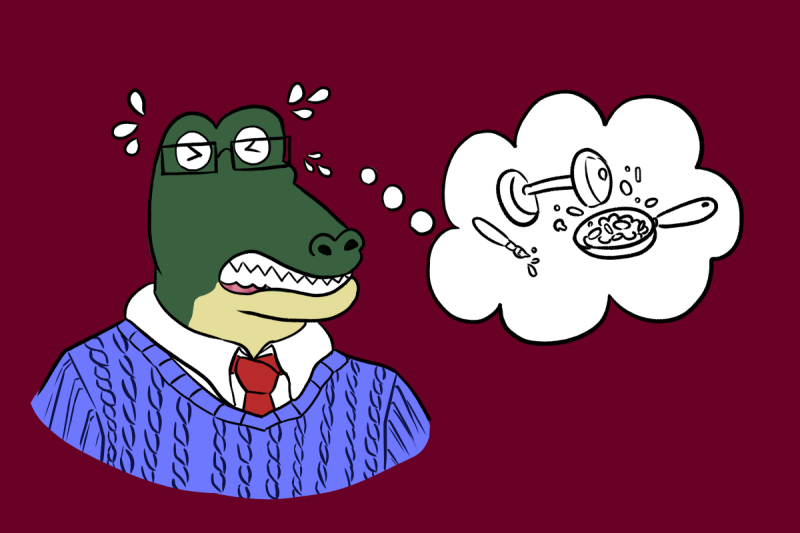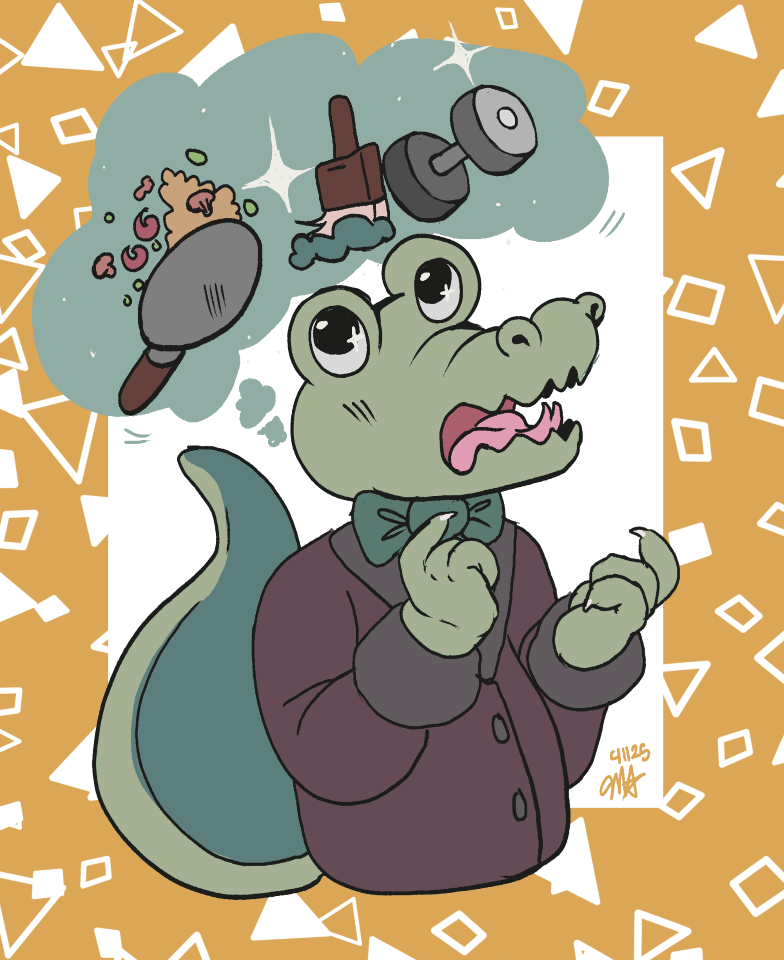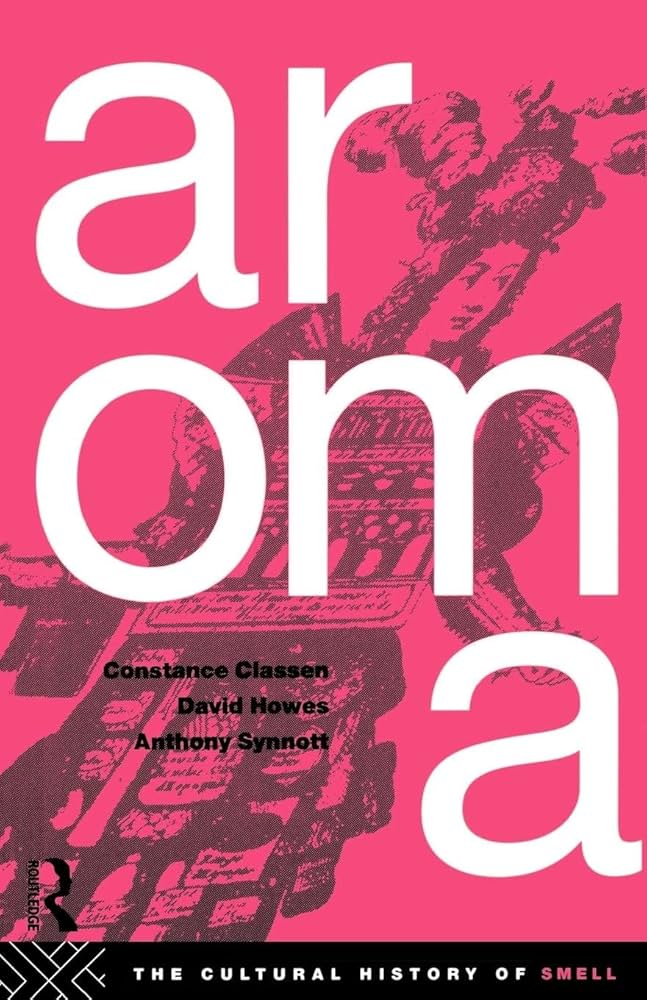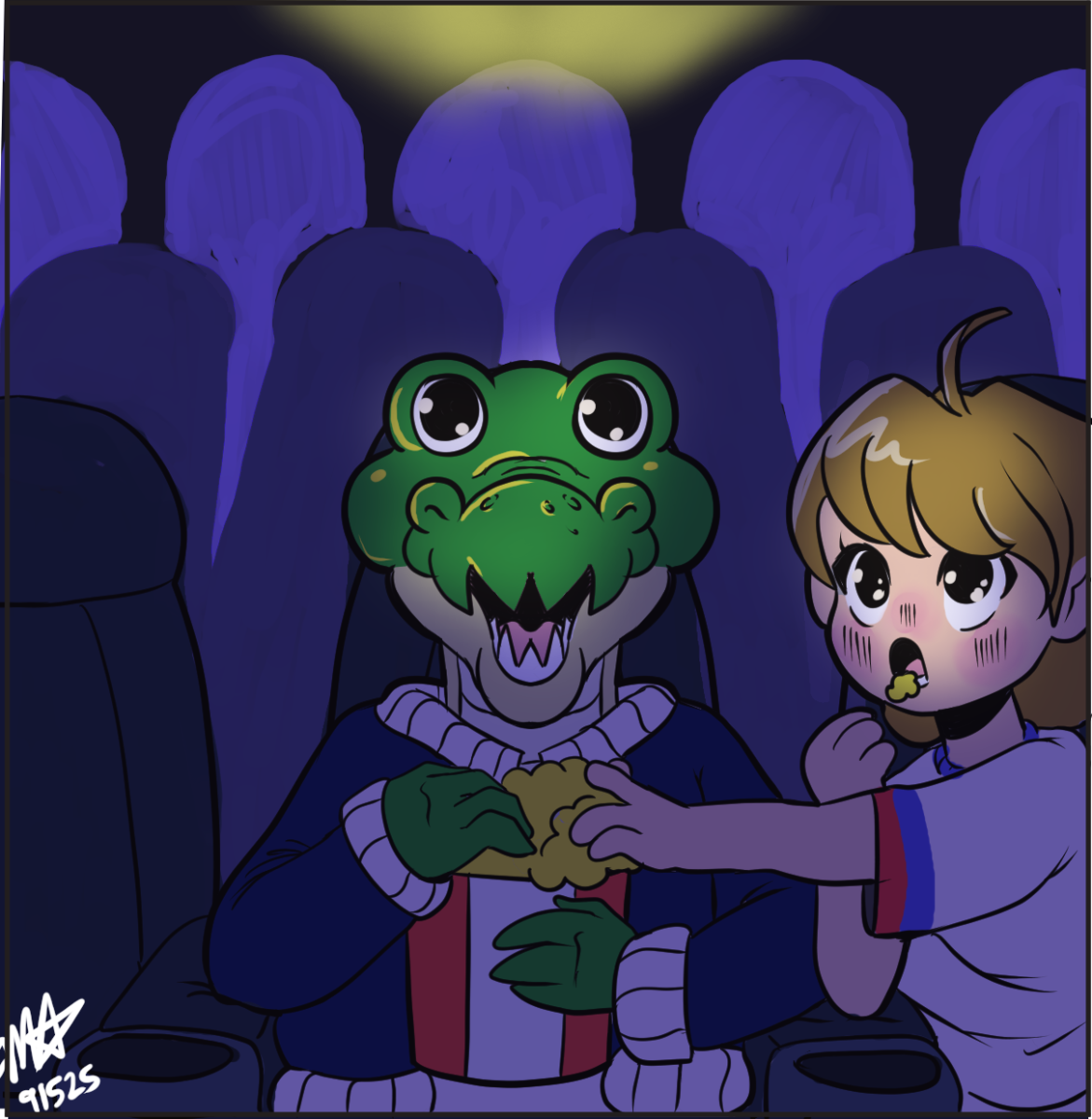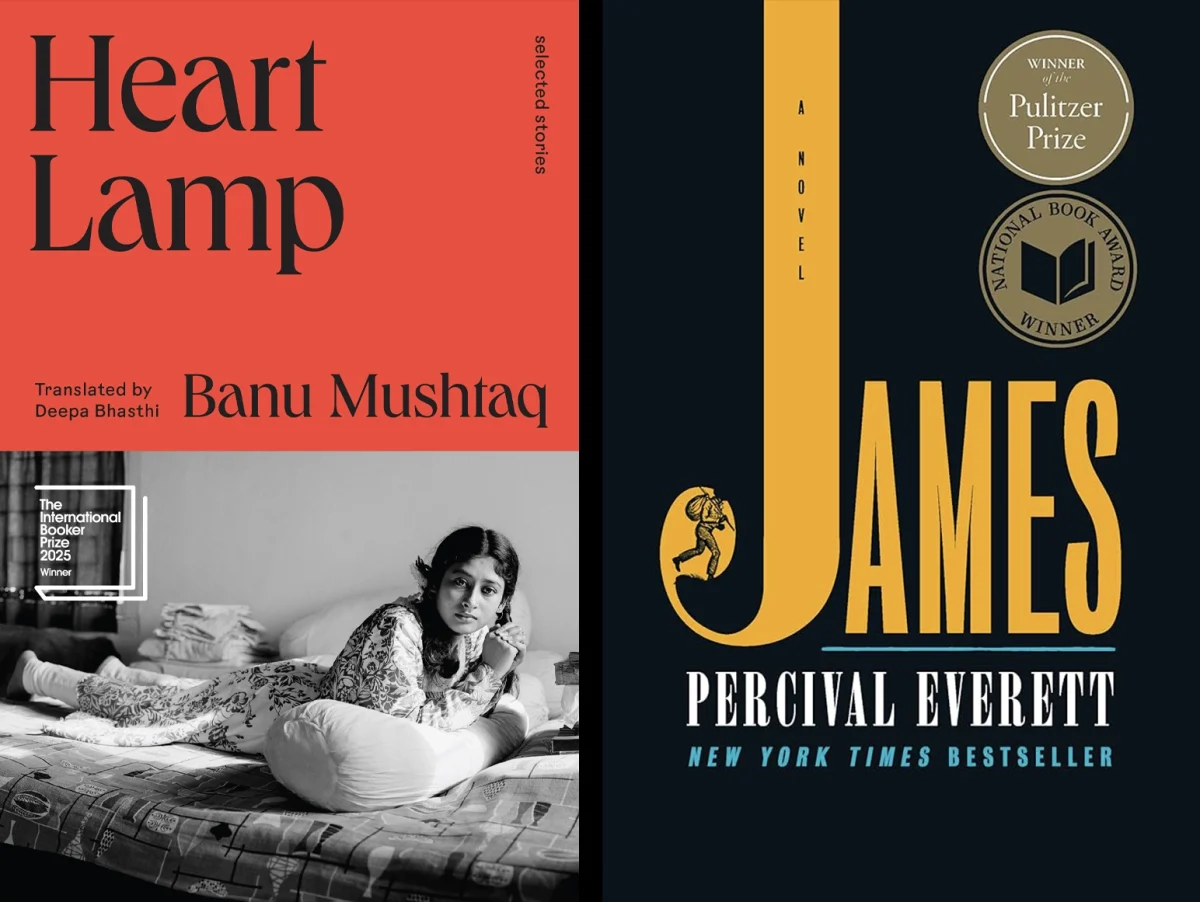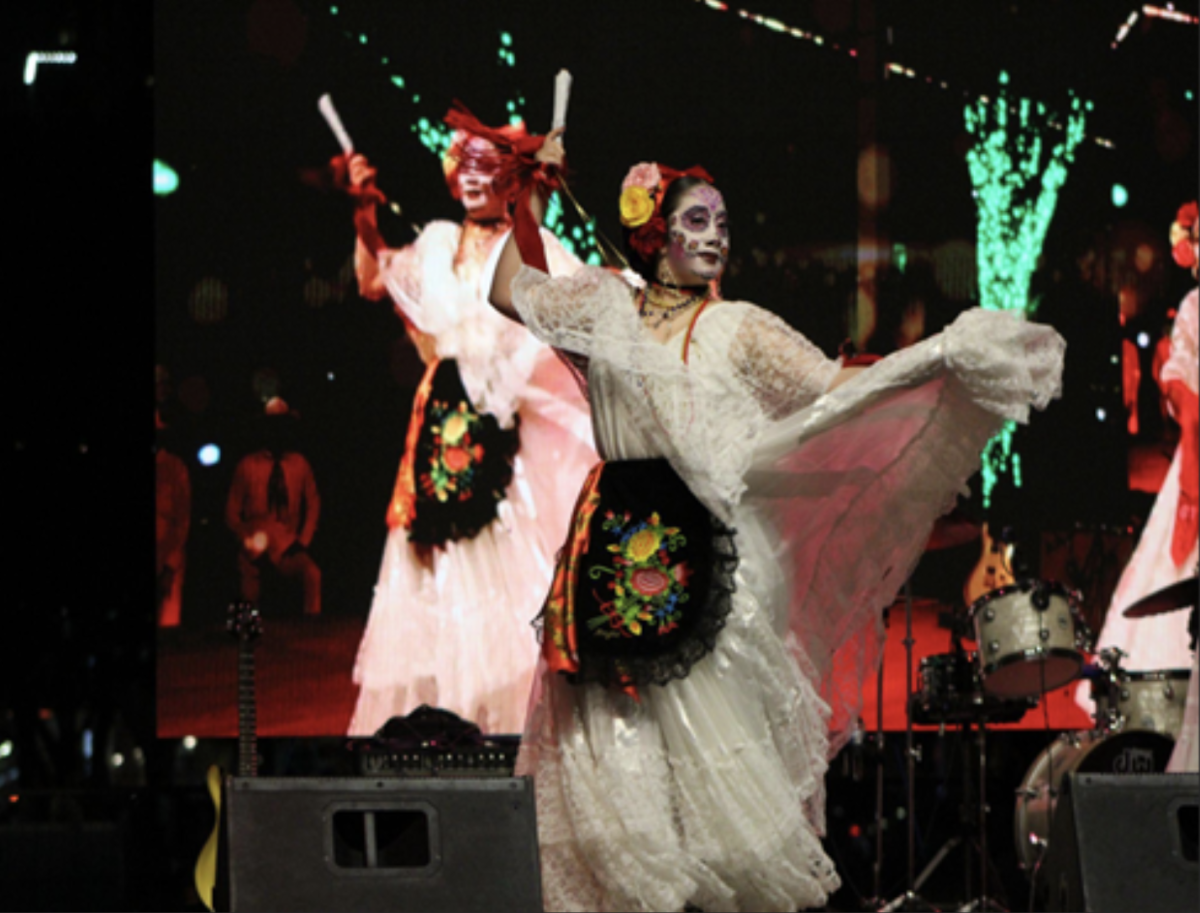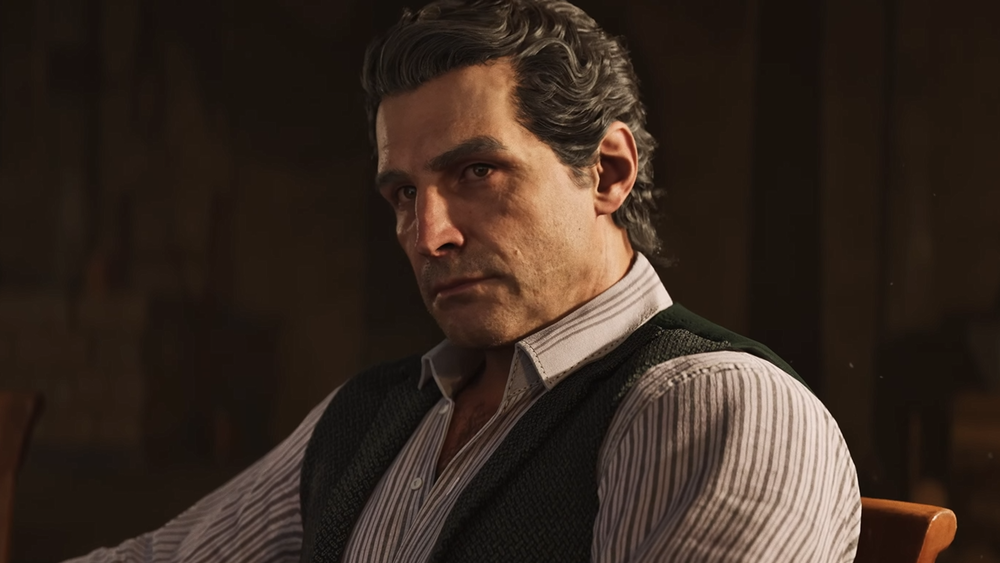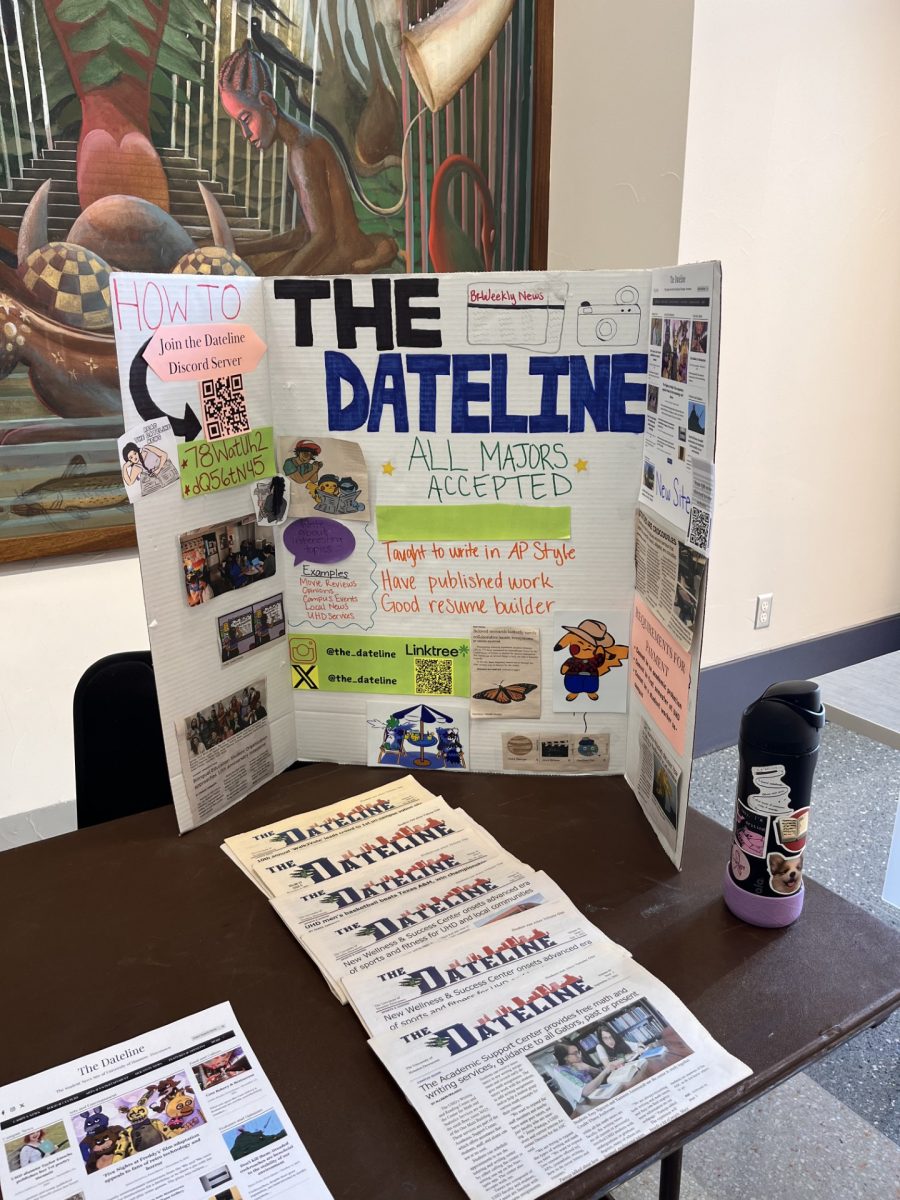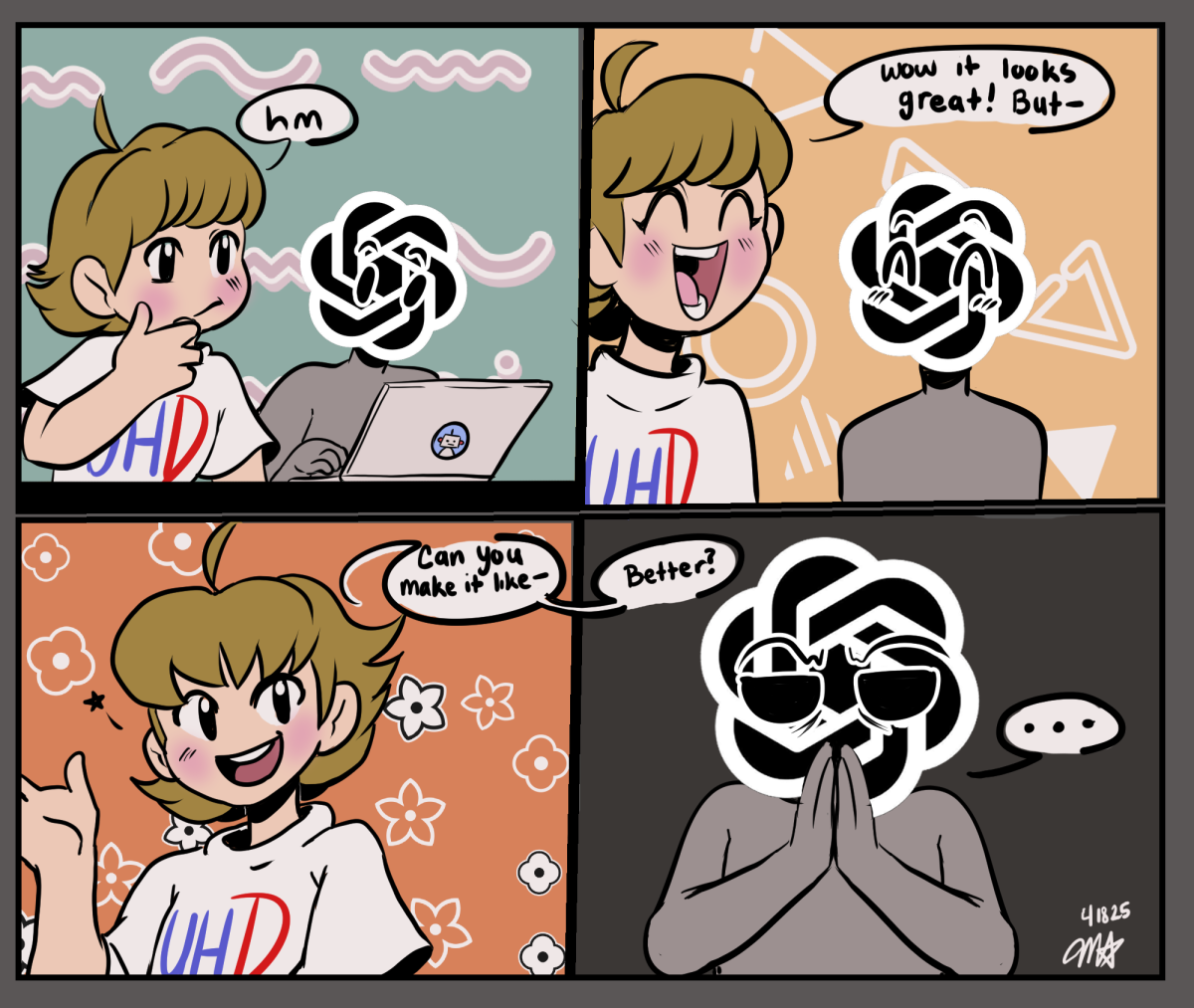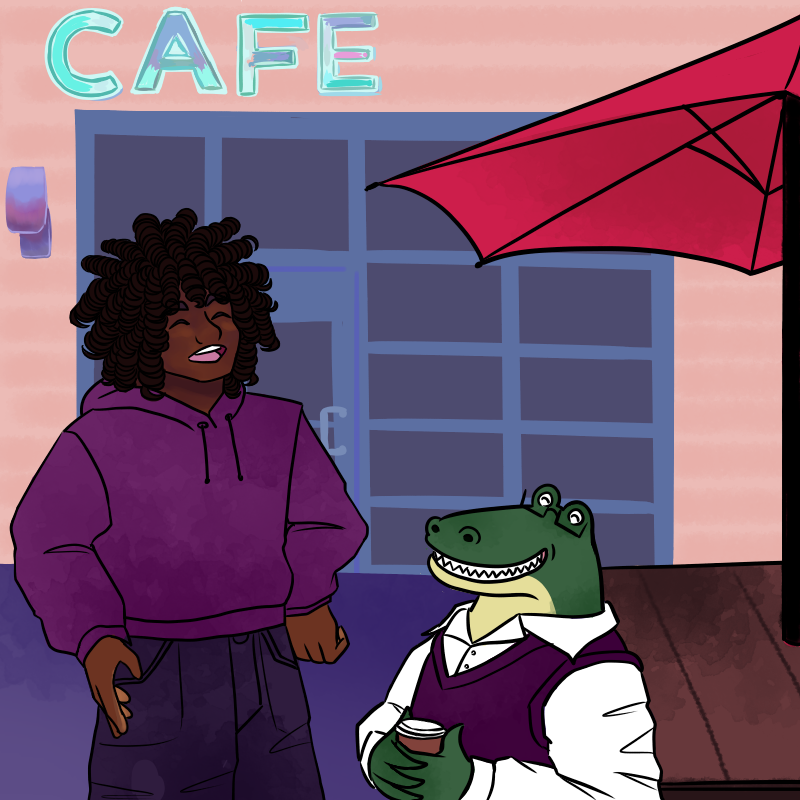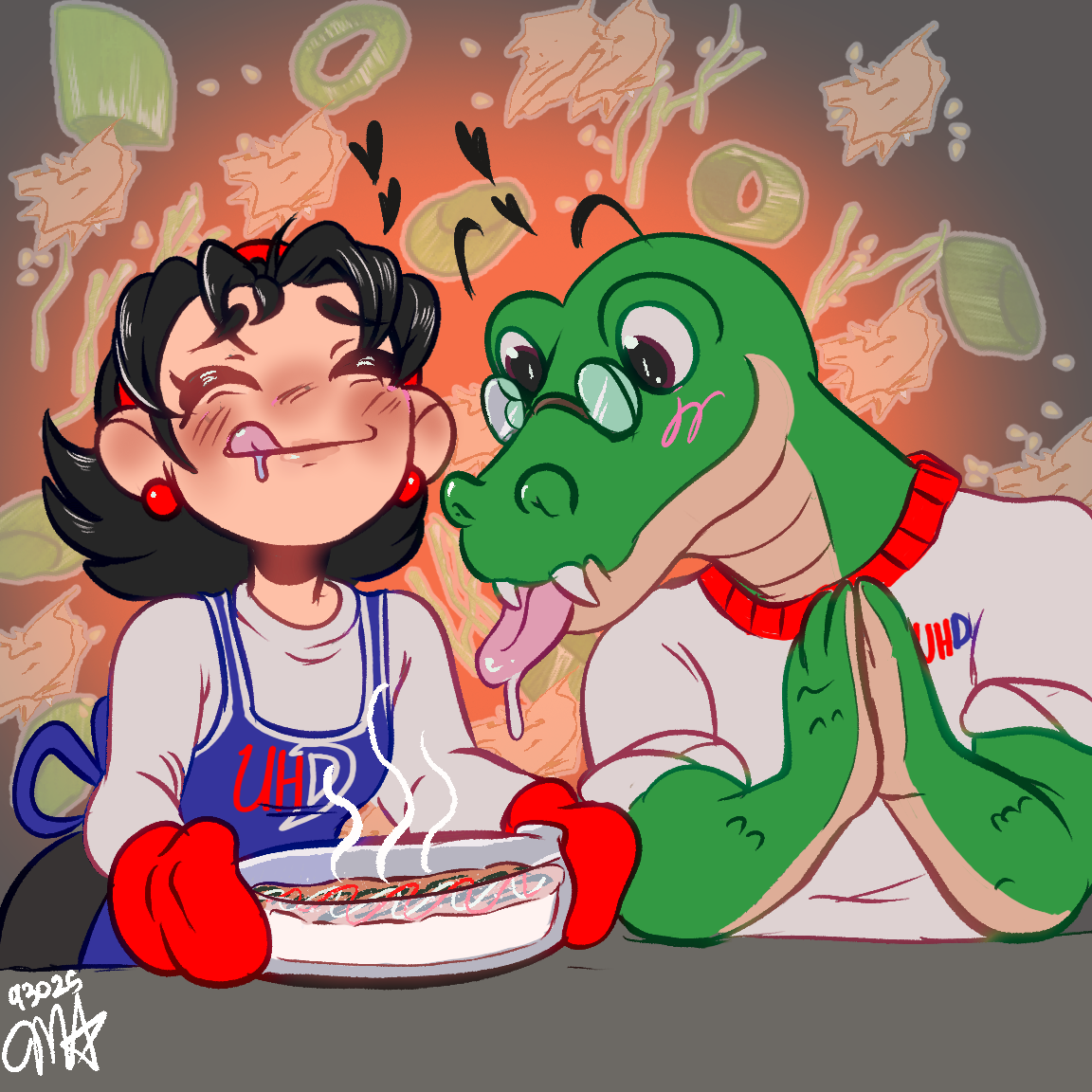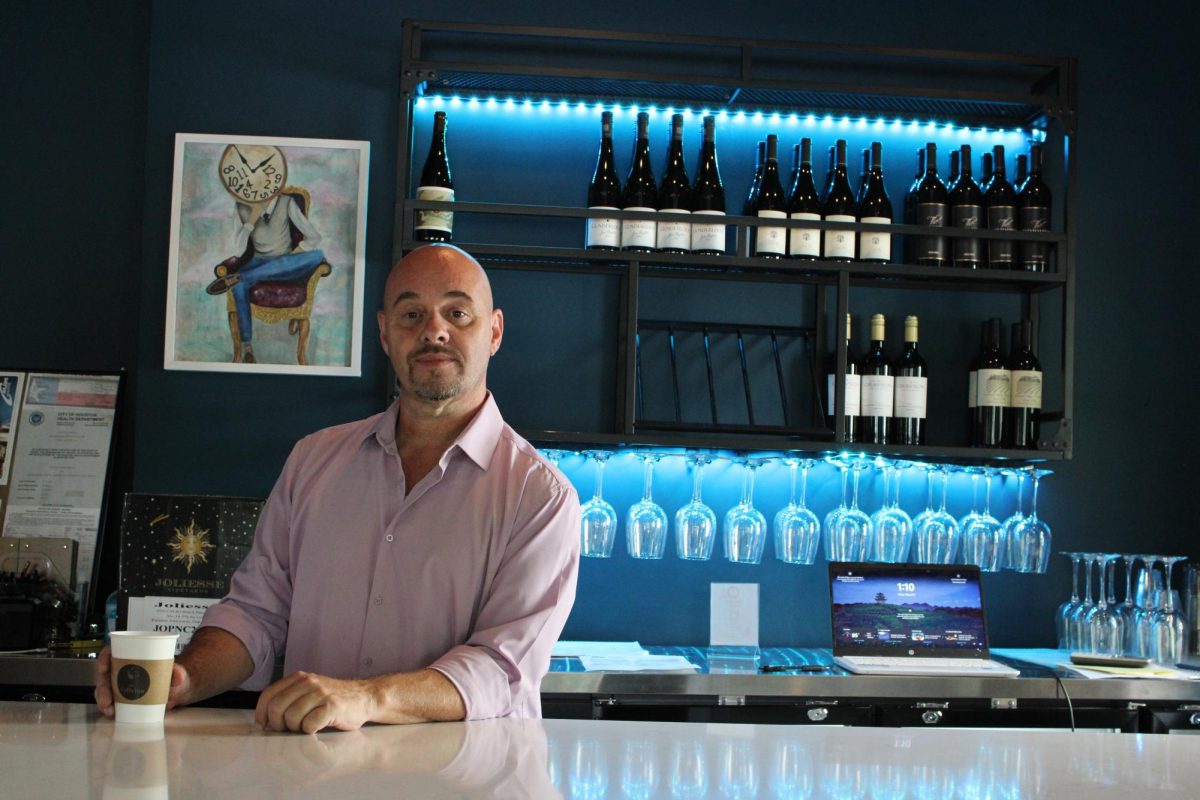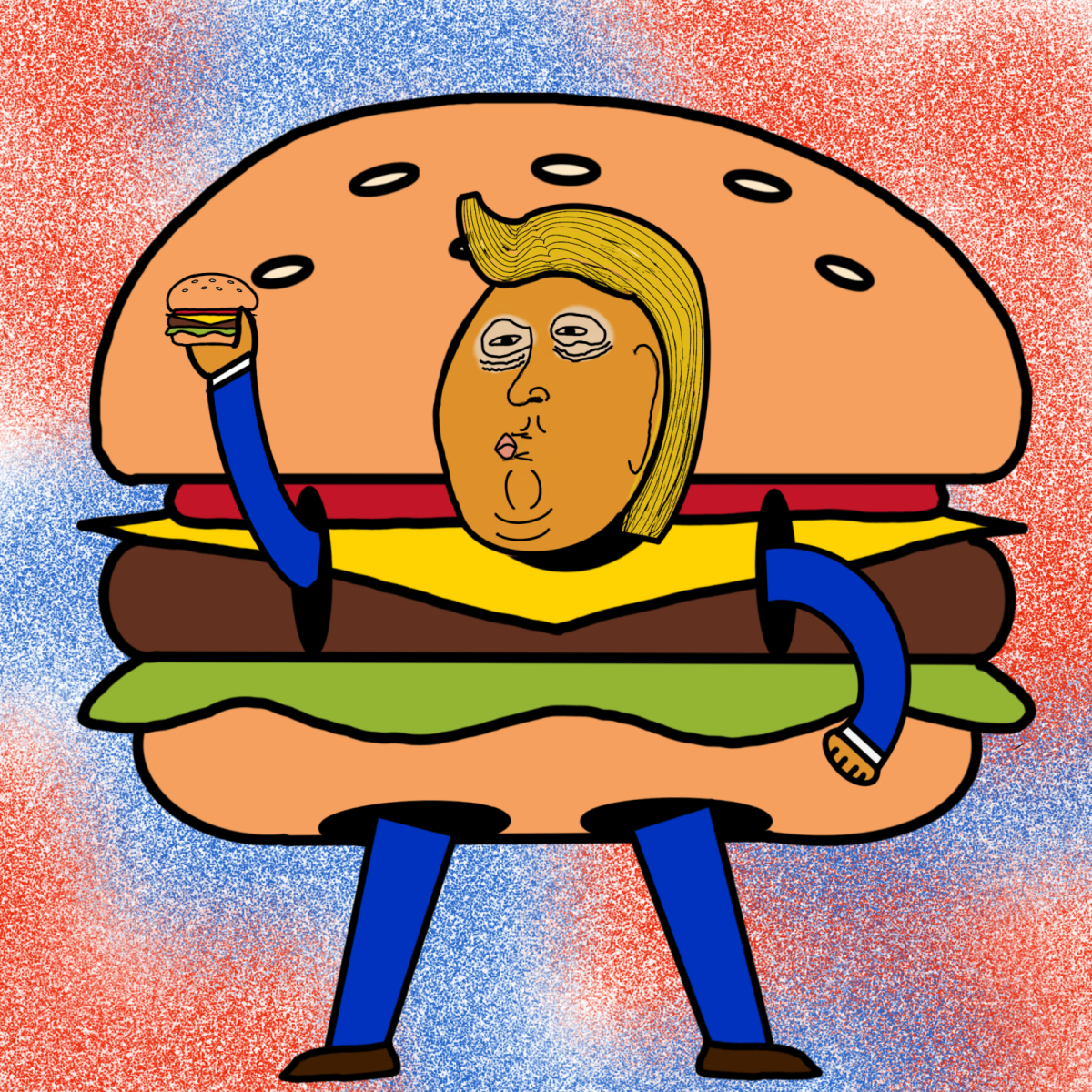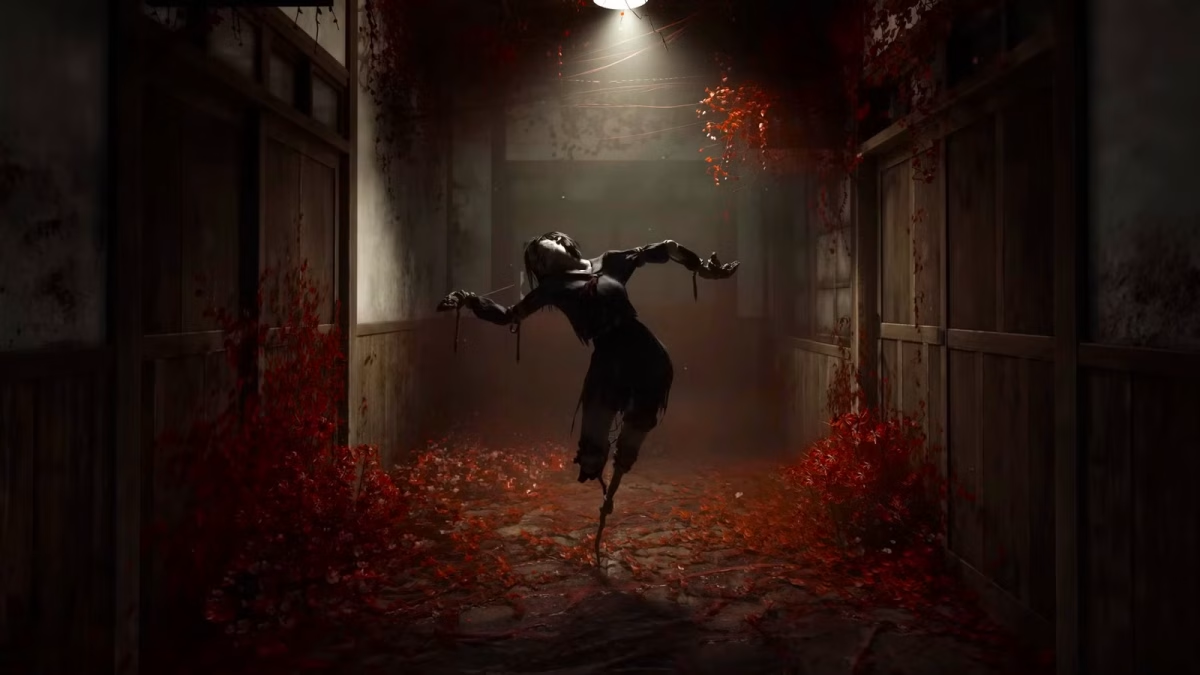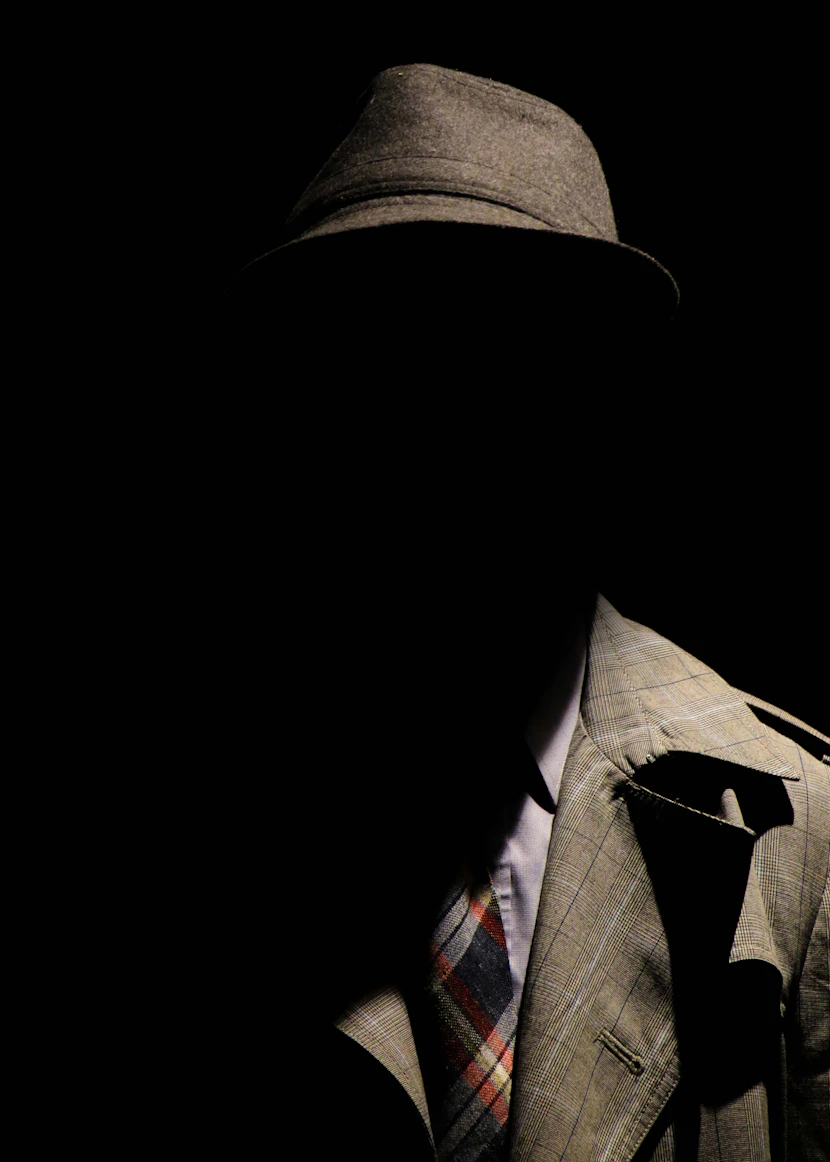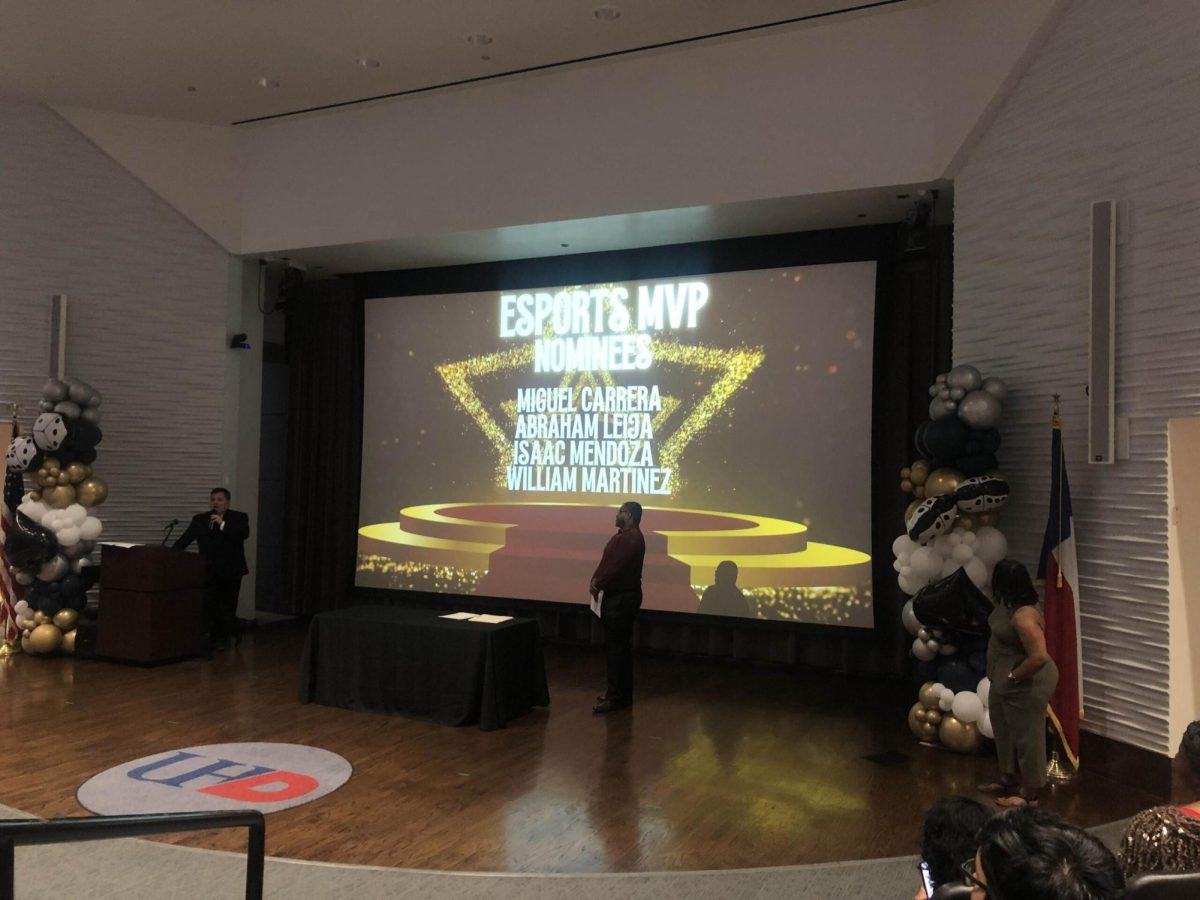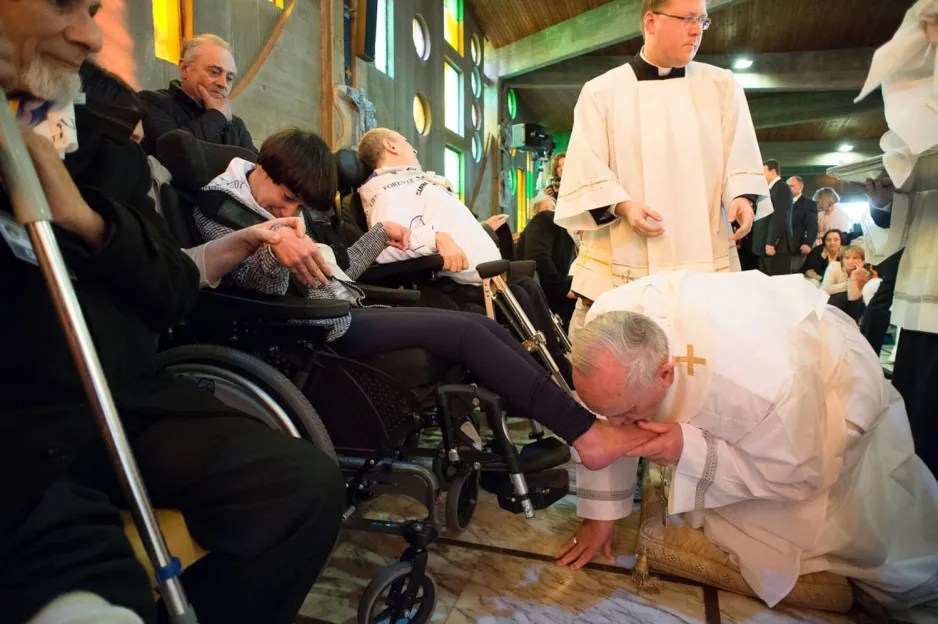What does the past smell like?
Our imaginations run rampant toward a sauna-like atmosphere of the Greek baths, ribbons of incense burning for Roman rituals, and pungent urine along Parisian streets. The book “Aroma: The cultural history of smell”, co-authored by Constance Classen, David Howes and Anthony Synnott, tells curious minds how scent has evolved over history and takes an unorthodox approach to the sense, making it central to scholarly history. Classen shows how research is more than a monotonous literary review, jumbled mixtures of technical jargon or statistics — it can be a creative and cultural act that can transform how we view history and society.
The book’s research foundation takes on an interdisciplinary nature, combining anthropology, sociology and history to support claims. The audience explores how medieval Europe smelled of the plague, how colonial encounters stereotyped people based on their scent, and how the modern era’s perfume industry boomed alongside hygiene standards that “deodorized” contemporary civilization.
More importantly, we learn that today’s odorless culture links to prejudiced assumptions of “savages” with their animalistic tendency to follow scents. The authors’ work reflects how research can be historically rich and culturally revealing.
Research goes beyond the “technical” and has the capacity for cultural storytelling, blurring the lines between history, art and science. Considering the book’s theme, smell tells us about identity and shows how scholarship can be as engaging as a novel when tapping into universal experiences — like what we smell.
In contrast, on TikTok, YouTube Shorts or X, formerly known as Twitter, one scrolls upon 30-second clips with claims like “Medieval people never bathed” or “Romans drowned themselves in perfume,” which neglect context. Medieval science professed closing pores with dirt prevented disease, while the Romans aimed to please the gods with the smell of ambrosia and nectar.
These bite-sized “facts” spread like wildfire but lack the sources and historical nuances that the community direly needs. In the age of social media and misinformation, books like Aroma reflect how real history is fascinating, chaotic and impossible to capture in short-form content.
UHD students are constantly swimming in streams of information that can be true or misleading.
Engaging with in-depth research can aid in navigating the world with a critical edge and, more importantly, the truth. Research has the potential to filter the fragrance of truth amid the stench of falsehood.




